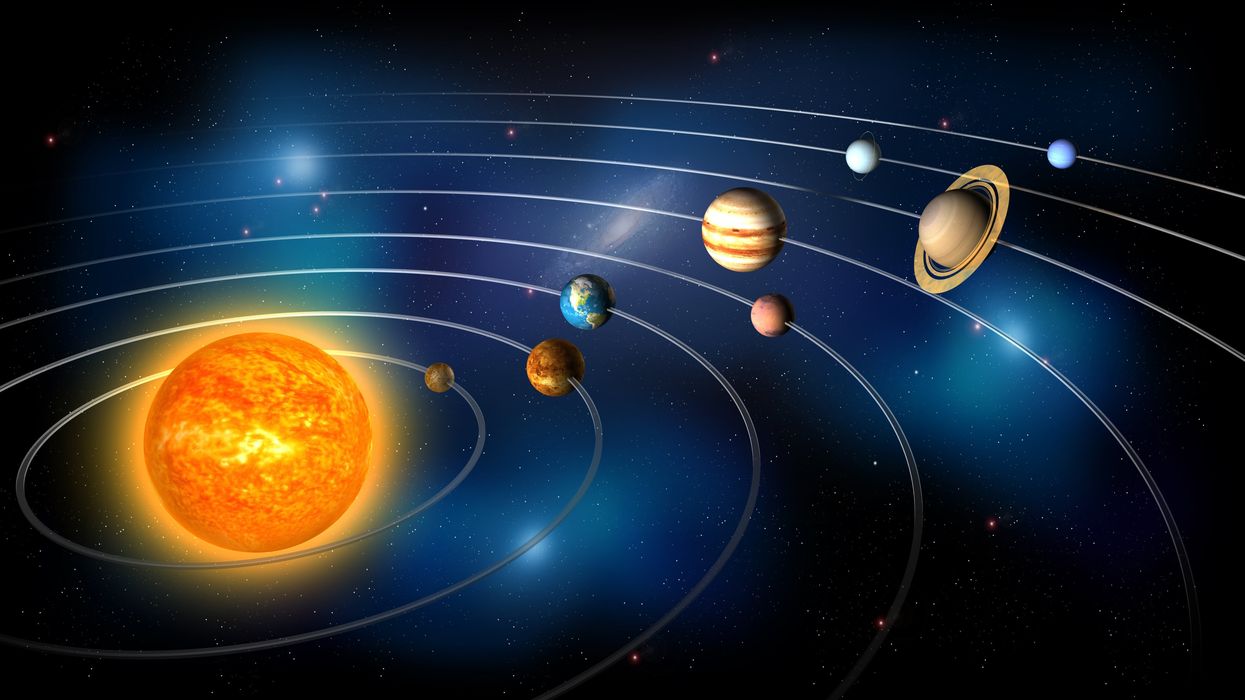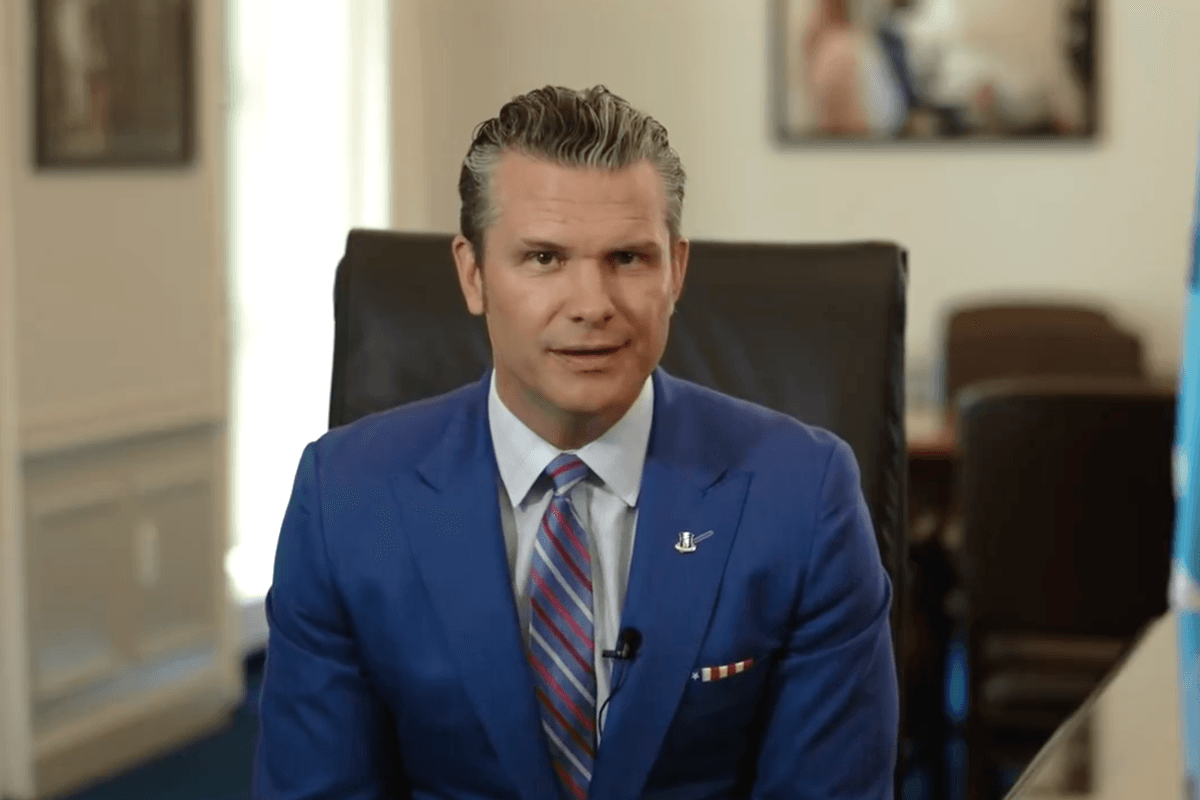Alex Daniel
Sep 26, 2023

Could another planetary neighbour be hiding far away?
rwarnick
There are eight planets in our solar system – plus poor old Pluto, which was demoted in 2006 – but what if there were more?
Turns out that might be the case. Astronomers have calculated there is a 7 per cent chance that Earth has another neighbour hiding in the Oort cloud, a spherical region of ice chunks and rocks that is tens of thousands of times farther from the sun than we are.
“It’s completely plausible for our solar system to have captured such an Oort cloud planet,” said Nathan Kaib, a co-author on the work and an astronomer at the Planetary Science Institute.
Hidden worlds like this are “a class of planets that should definitely exist but have received relatively little attention” until now, he said..
If a planet is hiding in the Oort cloud, it’s almost certainly an ice giant.
Large planets like Jupiter and Saturn are generally born as twins. They have huge gravitational pulls of their own, however, and sometimes destabilise one another.
That could have led to a planet to be nudged out of the solar system entirely – or exiled to its outer reaches, where the Oort cloud resides.
“The survivor planets have eccentric orbits, which are like the scars from their violent pasts,” said lead author Sean Raymond, researcher at the University of Bordeaux’s Astrophysics Laboratory.
That means that the Oort cloud planet could have a significantly elongated orbit, unlike the near-perfect circle Earth tracks around the sun.
Trouble is, when things are that far away, they’re pretty difficult to spot. “It would be extremely hard to detect,” added Raymond.
“If a Neptune-sized planet existed in our own Oort cloud, there’s a good chance that we wouldn’t have found it yet,” said Malena Rice, an astronomer at MIT not involved in this work.
“Amazingly, it can sometimes be easier to spot planets hundreds of light-years away than those right in our own backyard.”
Time to crack out the telescope.
Update: The headline of this article was amended on 20 September 2023. It previously stated that scientists had discovered another planet in our solar system, but this was inaccurate. They were merely considering the likelihood of this being the case.
Sign up to our free Indy100 weekly newsletter
Have your say in our news democracy. Click the upvote icon at the top of the page to help raise this article through the indy100 rankings.
Top 100
The Conversation (0)













